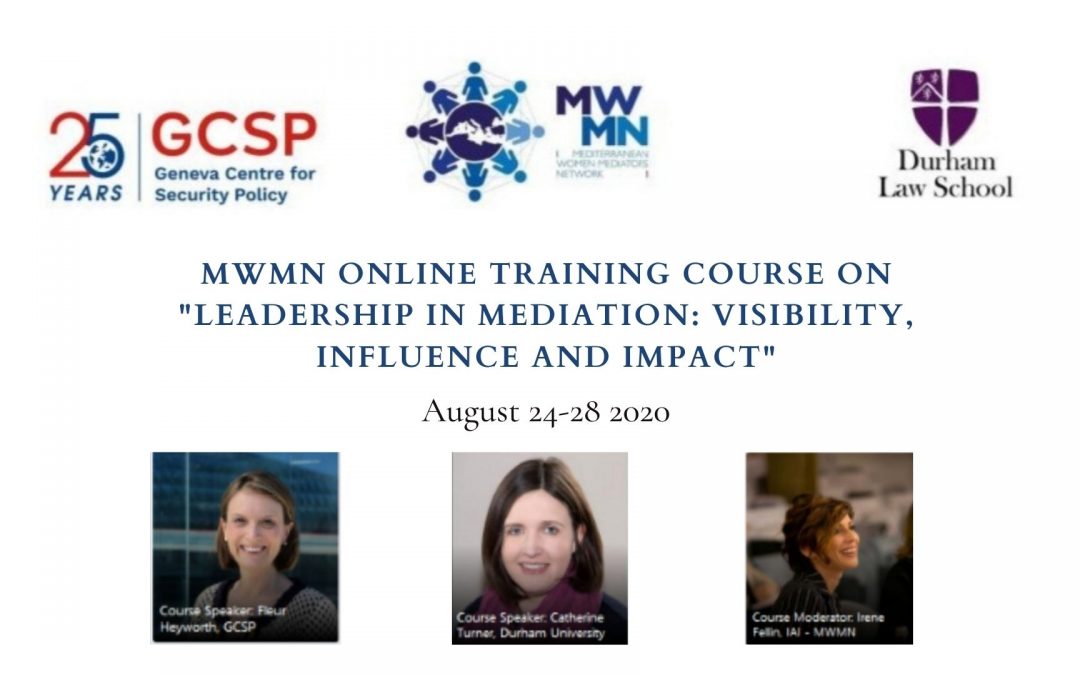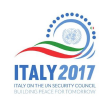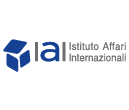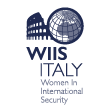After having completed a first, successful edition in June, the MWMN has decided to offer a second edition of the online course “Leadership in Mediation: Visibility, Influence and Impact” designed in partnership with the Geneva Centre for Security Policy (GCSP) and Durham University.
As for the first edition, the course was conducted by Fleur Heyworth, director of the GCSP’s executive education, dialogue and policy analysis on Gender and Inclusive Security, and Dr Catherine Turner, Associate Professor of International Law at Durham University, UK, and deputy director of the Durham Global Security Institute. Both speakers have a vast expertise in designing trainings on leadership for women and experience in advancing women’s participation in mediation processes.
The course, attended by seven mediators, was held via Zoom from August 24-28. The course structure was a combination of facilitators-led plenary sessions and group works. Mediators were assigned readings, personal and group tasks, and were provided with a reflection journal for each session aimed at guiding them through the learning journey. Mediators were given access to an online Trello board, which provided an interactive platform for participants to find course materials, post their own contributions, report references, and summarize discussions and conclusions of plenary sessions and group works. The course has seen the participation of newly admitted MWMN members, as well as of founding members. The combination of experience, vision and enthusiasm resulting from this has been a key factor in the success and effectiveness of the course, and has significantly contributed in building connections and provide a valuable variety of perspectives. All participating mediators have expressed their appreciation and gratitude for this learning opportunity.
During the first day, with the goal of enhancing individual self-awareness, mediators explored their values and social identities and how these relate to them as members of the Network. They also addressed and discussed the barriers they, as women, face in mediation and how to reframe and challenge them. The second day was dedicated to understanding mediation as a multi-track process, and how the diversity of roles and skills is a benefit for the MWMN. Moreover, the concept of leadership as the result of a combination of direction, alignment and commitment was discussed and mediators reflected on how to define “success” for the Network. On the third day, the unique contribution that women bring to mediation, as well as the skills that contribute to build trust among team members and with stakeholders, were addressed. Moving from the results of the assessment of their individual preferred influence style, mediators also looked at those areas and attitudes where they need to flex and better adapt. They also focussed on the identification of the stakeholders that the Network should be able to influence to enhance the effectiveness of mediation processes. On day four, participants discussed the perceptions, conflict and tensions characterizing mediation, and they also reflected on their personal triggers. Through the application of “polarity lens”, Ms. Heyworth and Dr. Turner helped mediators in seeing systemic and personal tensions and learning how to manage and lead them. They also provided advice on how to conduct constructive and courageous conversations. Lastly, mediators focussed on identifying their personal and collective goals for the MWMN and reflected upon the contribution each of them could bring. Among these, mediators identified the following: improving and expanding the Network’s outreach and advocacy activities by preparing a strategic plan with actionable aspects and building stable channels with relevant International Organizations; and organizing Working Groups based on their expertise.




